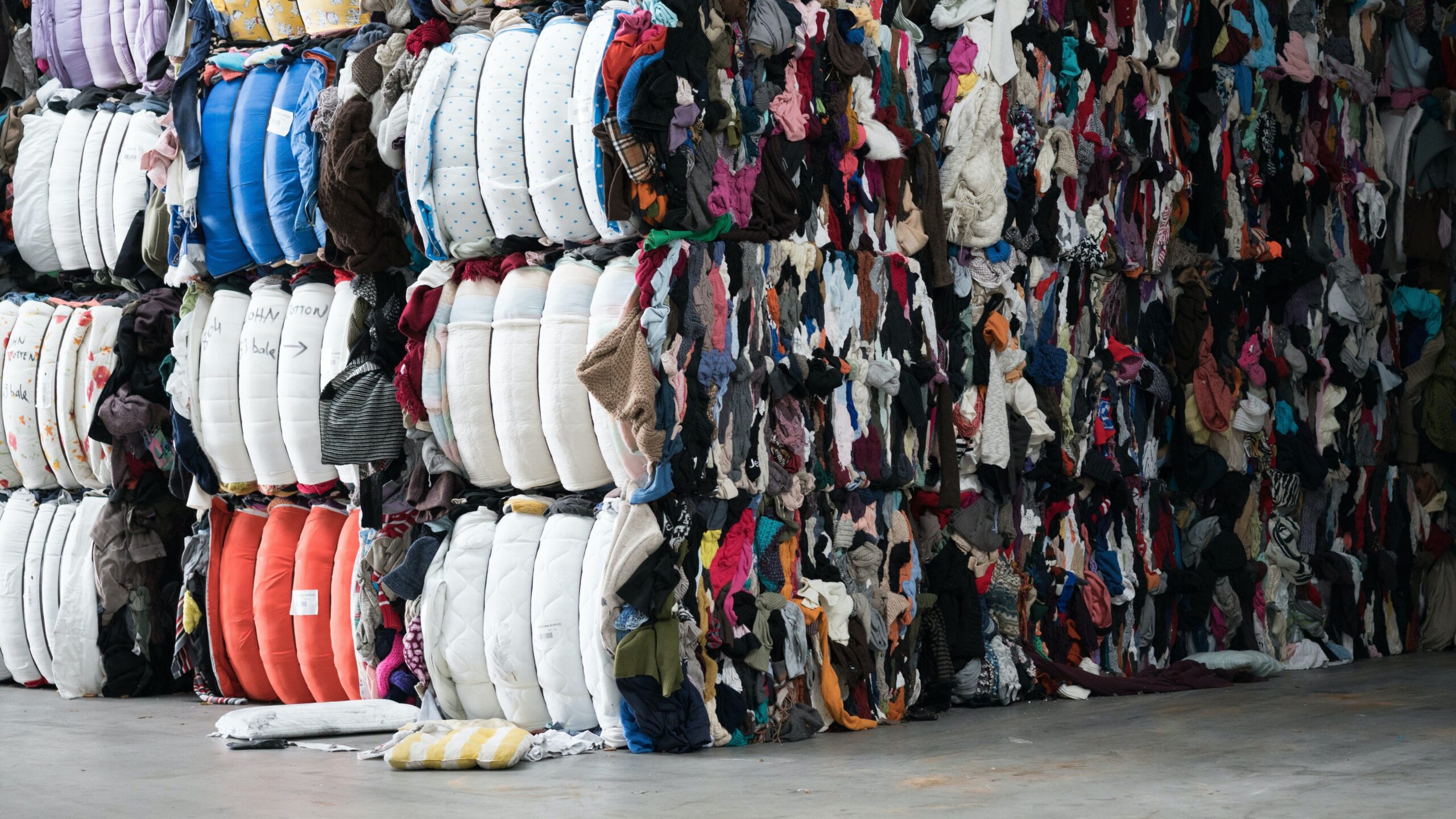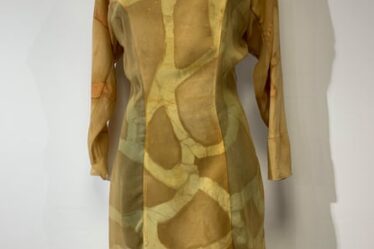
Government officials last week destroyed $5.3 million worth of illegally imported secondhand clothing in a bid to safeguard the domestic textile, apparel and footwear industries.
”What has been done today is part of the government’s effort to protect the micro, small and medium enterprises,” said the Indonesian minister for cooperatives and small and medium enterprises, Teten Masduki.
In a press conference, trade minister Zulkifli Hasan said the country is taking steps to eradicate used clothing imports by tightening enforcement. ”If the upstream stops, the retailers will stop too.”
The move follows instructions from Indonesian President Joko Widodo last month to bring an end to illegal used clothing imports. The majority is being sourced from nearby nations Singapore, Malaysia, Vietnam and Thailand amid a boom in thrifting in Indonesia that has been partly served by illicit imports. Smuggled products have previously been destroyed in Pekanbaru, East Java and Tangerang, Indonesia.
Indonesia prohibited secondhand clothing and footwear imports in 2015 to protect the local textile industry from being undercut by cheap used clothing from overseas. Hygiene concerns were also cited by the government. However, the lack of clarity on penalties has made the ban largely ineffective.
Meanwhile, international concern over the proportion of used clothing going to landfill as textile waste in developing countries has added to local campaigners’ concerns.
Other countries in the region face similar challenges. In the Philippines, the commercial importation of secondhand clothing, commonly known as ‘ukay-ukay’, has been prohibited since 1966 but the trade often operates in plain sight despite the ban. Earlier this year, senator Raffy Tulfo filed a bill aiming to legalise and regulate the sector, citing its proliferation and the government’s failure to halt it.
Learn more:
Should Fashion Pay for Its ‘Waste Colonialism’?
Every year, millions of tons of old clothes are shipped around the world as part of the global secondhand clothing trade. Nonprofit The Or Foundation and Vestiaire Collective are lobbying for regulation that benefits the countries where they end up.



